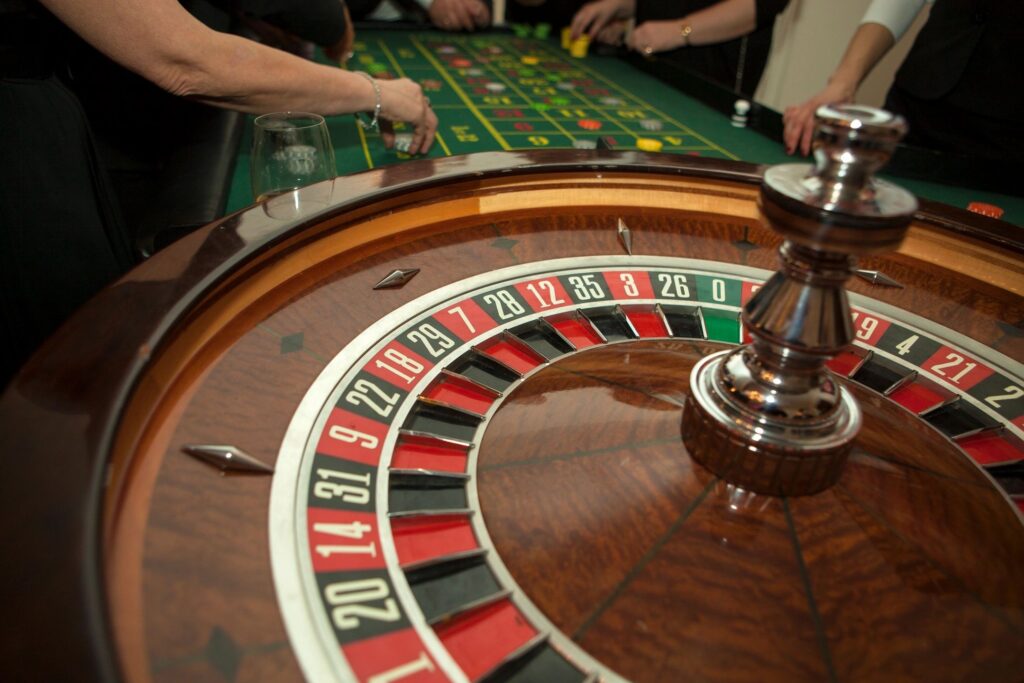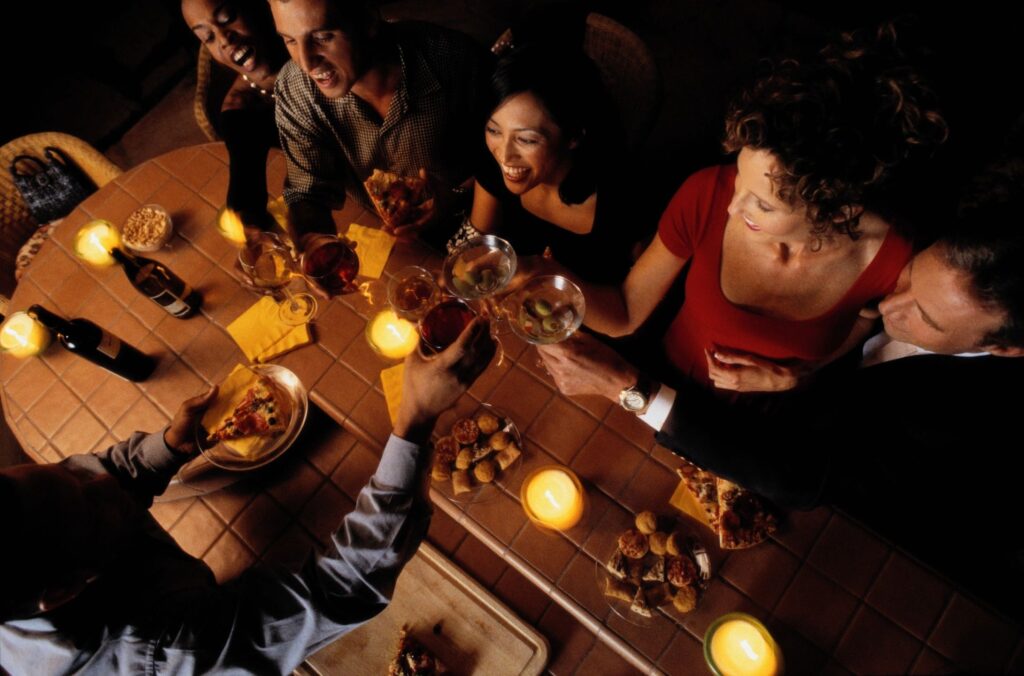Posts Tagged ‘Relationships’
Well-Being and the Five ‘Happy’ Lives
Well-Being and The PERMA Model Seligman (2011) argues that well-being is enhanced through thriving in one or more pillars of well-being. His model, often referred to as the PERMA Model, consists of Positive Emotions, Engagement, Relationships, Meaning, and Accomplishment (or Achievement). The more we thrive in each of these, the higher our well-being, according to…
Read MoreGood Sex and Good Friendships Make People Happier With Being Single
If you’re single, you’re certainly not alone. The US is in the middle of an ongoing shift toward one-person households. As I’ve written about before, single people commonly cite a variety of both positive and negative reasons for their singleness. Some of them enjoy the freedom, some have priorities other than relationships, and some just…
Read MoreStudy Looks at Why Single People Are Single
But why are you single?? It’s an annoying question, but recently psychology researchers took it to a new level: they asked that question to 648 people and asked those people to rate 92 possible reasons for being single. In a paper just published in Frontiers in Psychology, the researchers describe the results from their study,…
Read MoreThe Advantages of Having Similar Friends
Part of what defines a friendship is what that friendship is founded on. For people to be friends, something has to connect them, but the nature of that connection is different from one friendship to the next. In many cases, part of the foundation of a friendship is similarities – in terms of personality traits,…
Read MoreEconomic Hardship Might Increase Tendency to Help Others
If there’s an upside to adversity, it might be greater empathy for others. That idea makes a certain intuitive sense to us, and there’s some evidence to support it. Take, for example, a 2016 study published in the journal Emotion. In the study, psychology researchers collected information about how much adversity people had encountered in…
Read MoreEnvy Might Drive Some of Social Media’s Mental Health Effects
Social media has facilitated both new ways of connecting with others and new ways of tallying how our lives stack up against theirs. In the twenty-first century, keeping up with the Joneses has become keeping up with the hundreds of people on your Facebook feed. Several previous studies have suggested that comparing yourself with others…
Read MoreA Game to Measure Couples’ Trust
Can you measure trust in romantic relationships? A team of researchers in Germany thinks so, and they’ve put forward an activity called the Trust Game for Couples that’s intended to do exactly that. Actually, with a name like that, you could argue that even being willing to play the game in the first place is…
Read MoreThe Dangers of Tying Your Self-Worth to Money
We’ve all heard that money can’t buy happiness, but that doesn’t mean that people’s ideas of “self-worth” and “net worth” don’t start to overlap sometimes. A newly published study gives a warning about the possible consequences of seeing money as something that gives you “value” as a person, so to speak. The authors of the…
Read MoreWhen People Lie Because the Truth is Unbelievable
From white lies to more malicious fibs, people bend or hide the truth for a variety of reasons. One of those reasons, it turns out, is that sometimes the truth is so fantastical that other people wouldn’t even believe it. If you’ve ever had something so strange happen to you that it doesn’t even seem…
Read MoreRomantic Partners May Influence Young Adults’ Binge Drinking
If you ever dated someone your parents thought was a “bad influence,” it turns out they might have been onto something. Romantic partners may influence young adults’ binge drinking behaviors more than friends or family, at least according to new findings from researchers in Canada. In a study published recently in the journal Substance Abuse,…
Read More








